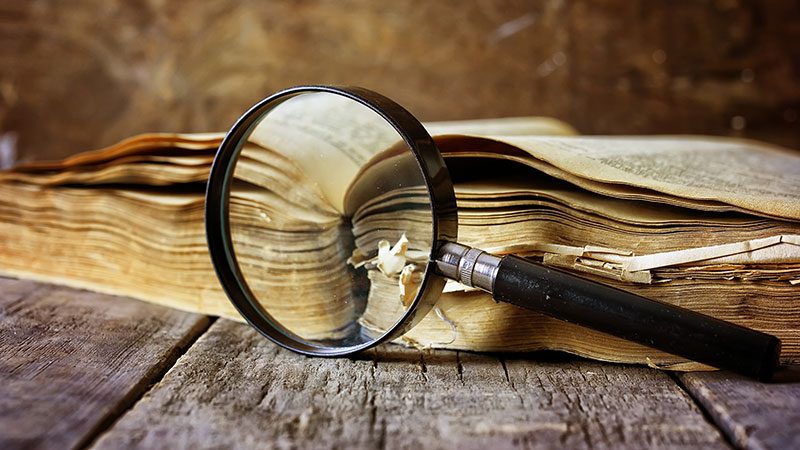SUMMARY
This is AI generated summarization, which may have errors. For context, always refer to the full article.

MANILA, Philippines – In the digital age, where countless information is accessible with just a few clicks, it’s harder for a casual reader to distinguish which is true and false.
Historical controversies in the Philippines have persisted despite the publication of countless textbooks by notable historians throughout the years. How do we differentiate a historical fact from a mere hoax? How can we identify which is the truth and which is disinformation? More importantly, how do we debunk wrong information about history spread on social media?
In time for the celebration of the Philippine Independence Day, Rappler’s civic engagement arm MovePH organized a webinar to answer these questions on Thursday, June 11.
Together with Rappler’s fact-checking unit, MovePH invited Xiao Chua, Filipino historian and professor at De La Salle University, to shed light on the topic and share his thoughts on how to fight disinformation using history.
1. Ask the historians, scrutinize the sources
To be able to tell the difference between historical facts from fiction, the first step is to look for official and reliable sources that could support or debunk a claim.
Sources come in two forms: primary and secondary. Primary sources provide firsthand evidence about an event, while secondary sources interpret and analyze primary sources. “A good history book cites its sources,” Chua said during the webinar.
Since historical facts are based on gathered evidence, Chua said it is always important to scrutinize and criticize the sources. Readers should study the credibility of the author when reading a historical account, to develop a skill that would be useful in understanding history.
Chua added that joining historical organizations could help readers broaden their perspectives and have a better grasp of history.
“Don’t only look at one source,” Chua said.
2. Fact check only when necessary
Not every historical claim you see should be fact checked.
“You fact check when it is very necessary. There are times when you can’t fact check because of lack of sources. There are times when you don’t have to when there’s no need… If it is contentious, fact check,” Chua said.
Chua said that historical facts can be presented in different perspectives, but that doesn’t make a fact any less true. “The data is there, but it is the way that you read data that makes a difference,” he explained.
Even historians, Chua said, have their own biases in presenting facts. Historians are credible when they are transparent in presenting the facts and showing how they found the evidence.
“Kaya tayo nag-fa-fact check kasi may mga tao na sa tingin natin ay binabaluktot ang kasaysayan para sa kanilang agenda,” Chua said. (The reason we fact check is because we think there are people who twist history for their own agenda.)
“You have to weigh in – what is the effect of all this to us, the people?”
3. Fact checkers are not infallible
Lastly, Chua noted that no matter how careful one is in fact checking, no matter how many sources one cites or how many communities are spoken with, mistakes will still be committed.
“Kailangan even as fact checkers, we should have humility that we’re not infallible. That fact checking has limitations, but it is a skill that is needed because you are surrounded by information all the time,” Chua said.
What’s important is that you own up to your mistake, issue necessary corrections, and avoid repeating the mistake so that future readers would not be misinformed. – Rappler.com
Add a comment
How does this make you feel?
There are no comments yet. Add your comment to start the conversation.